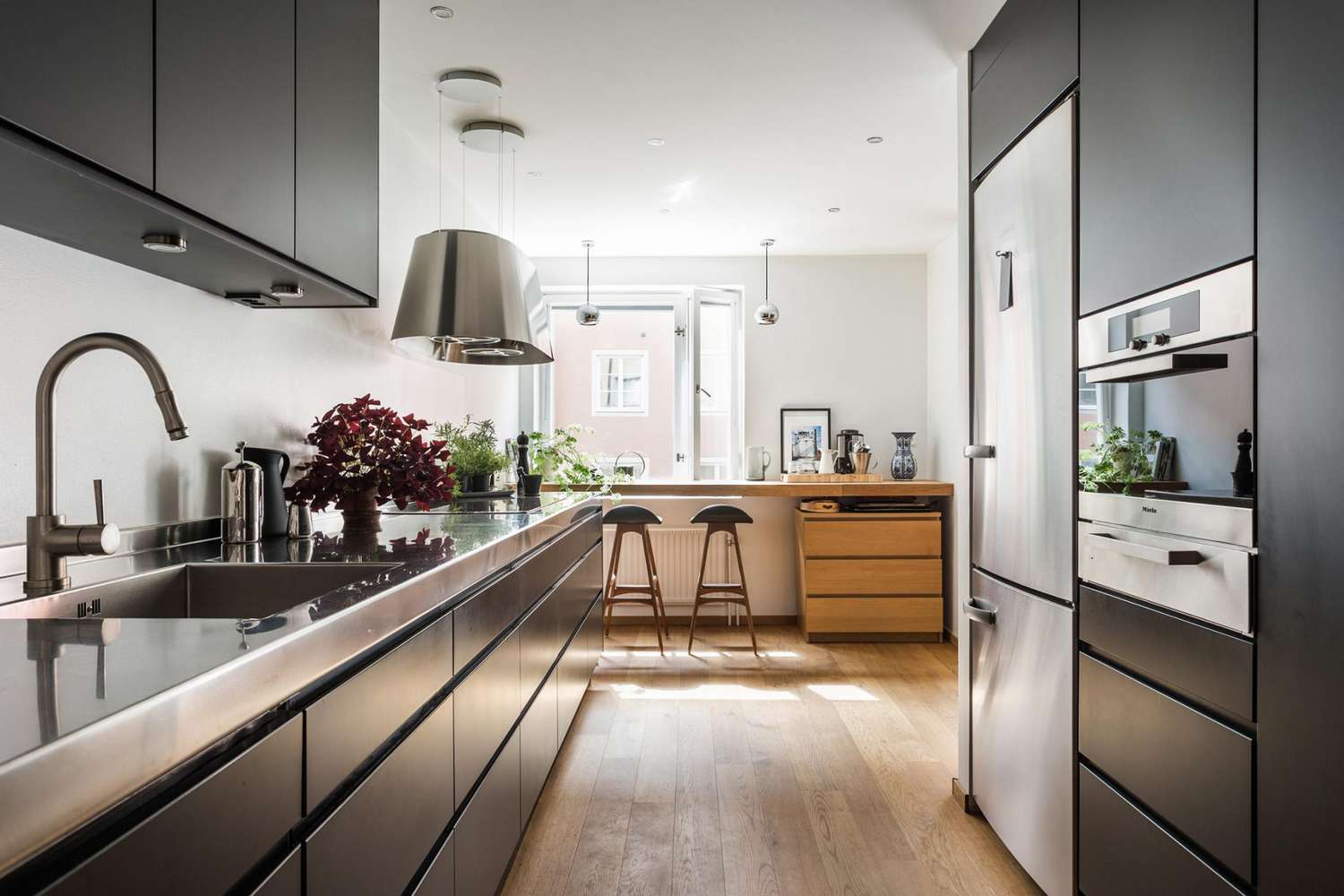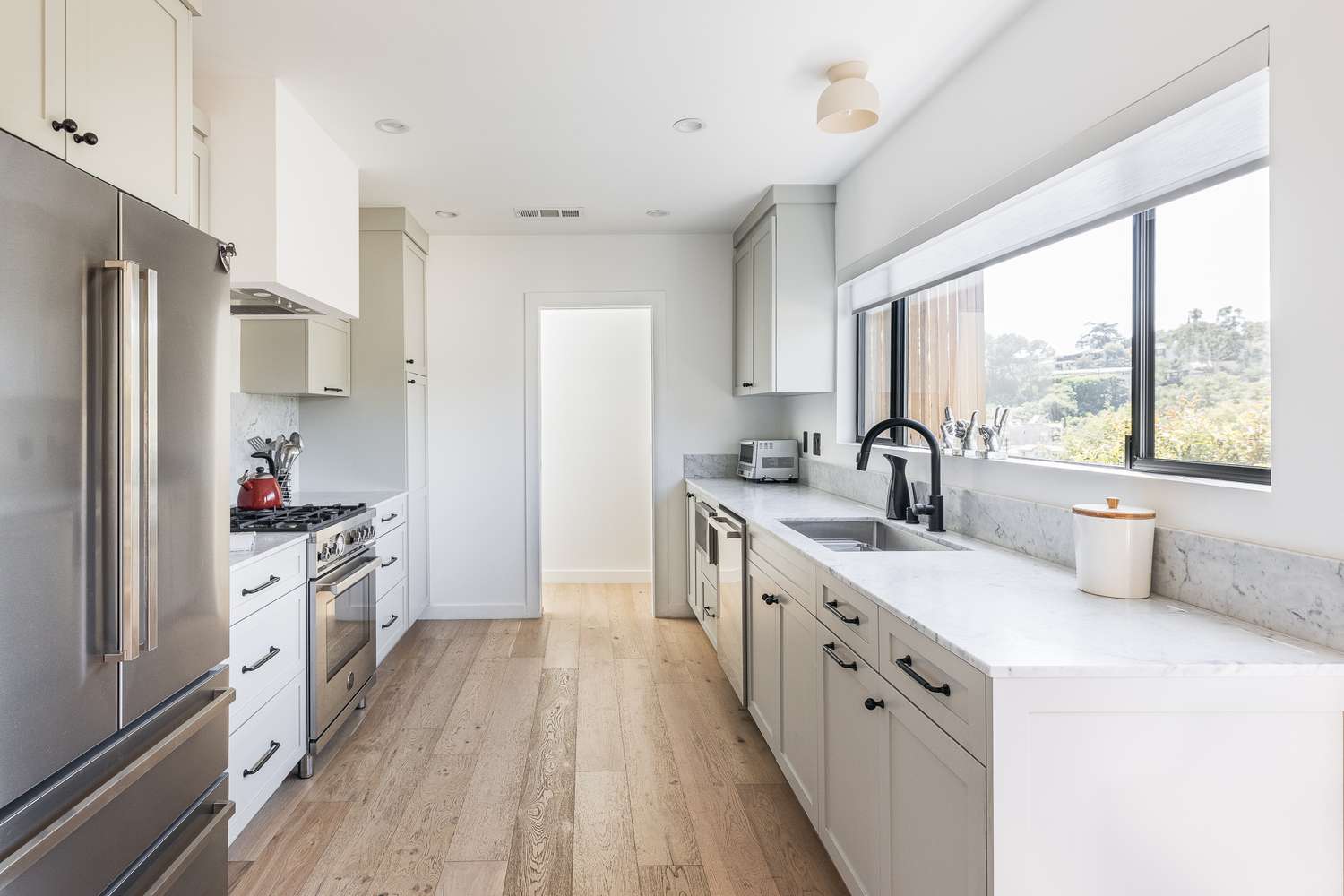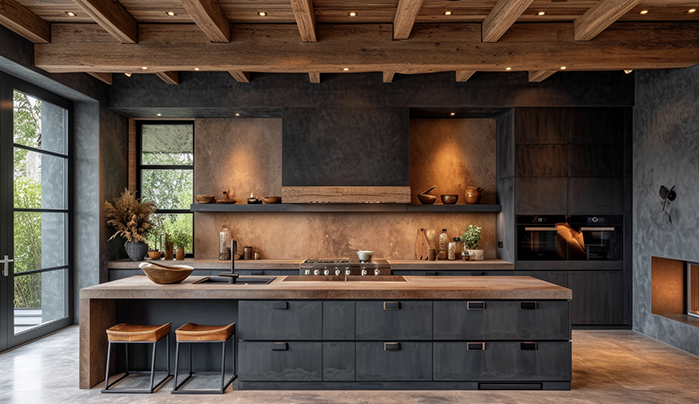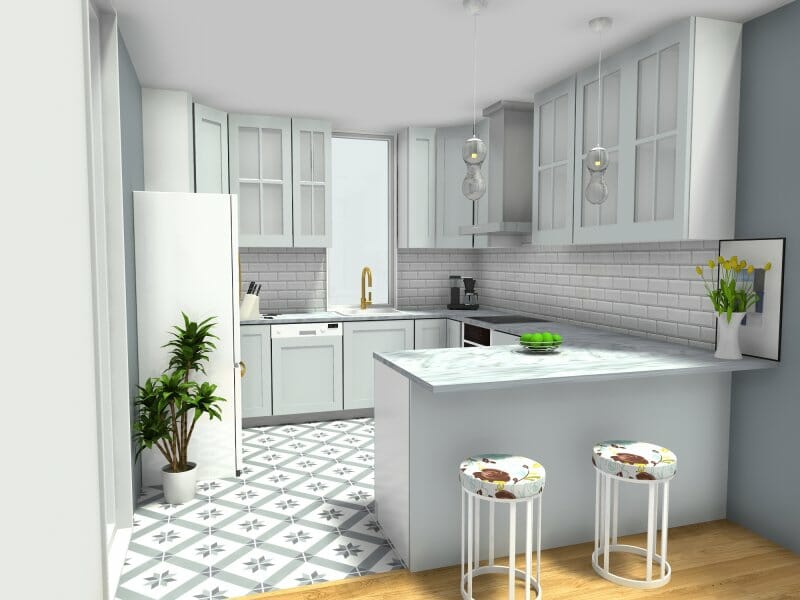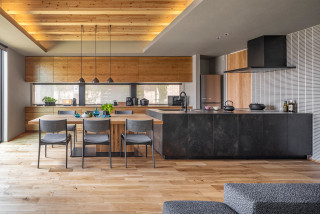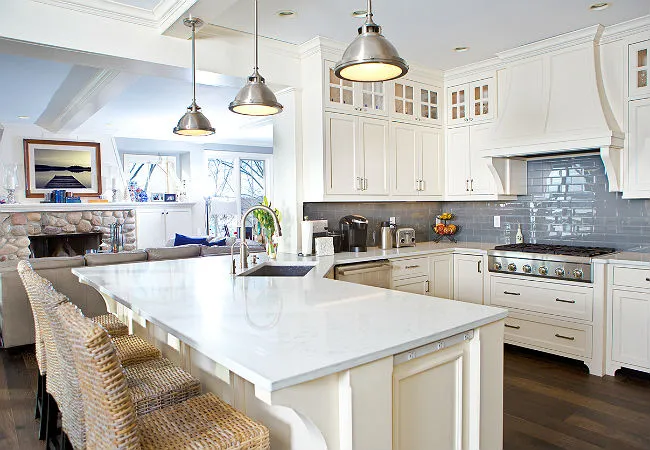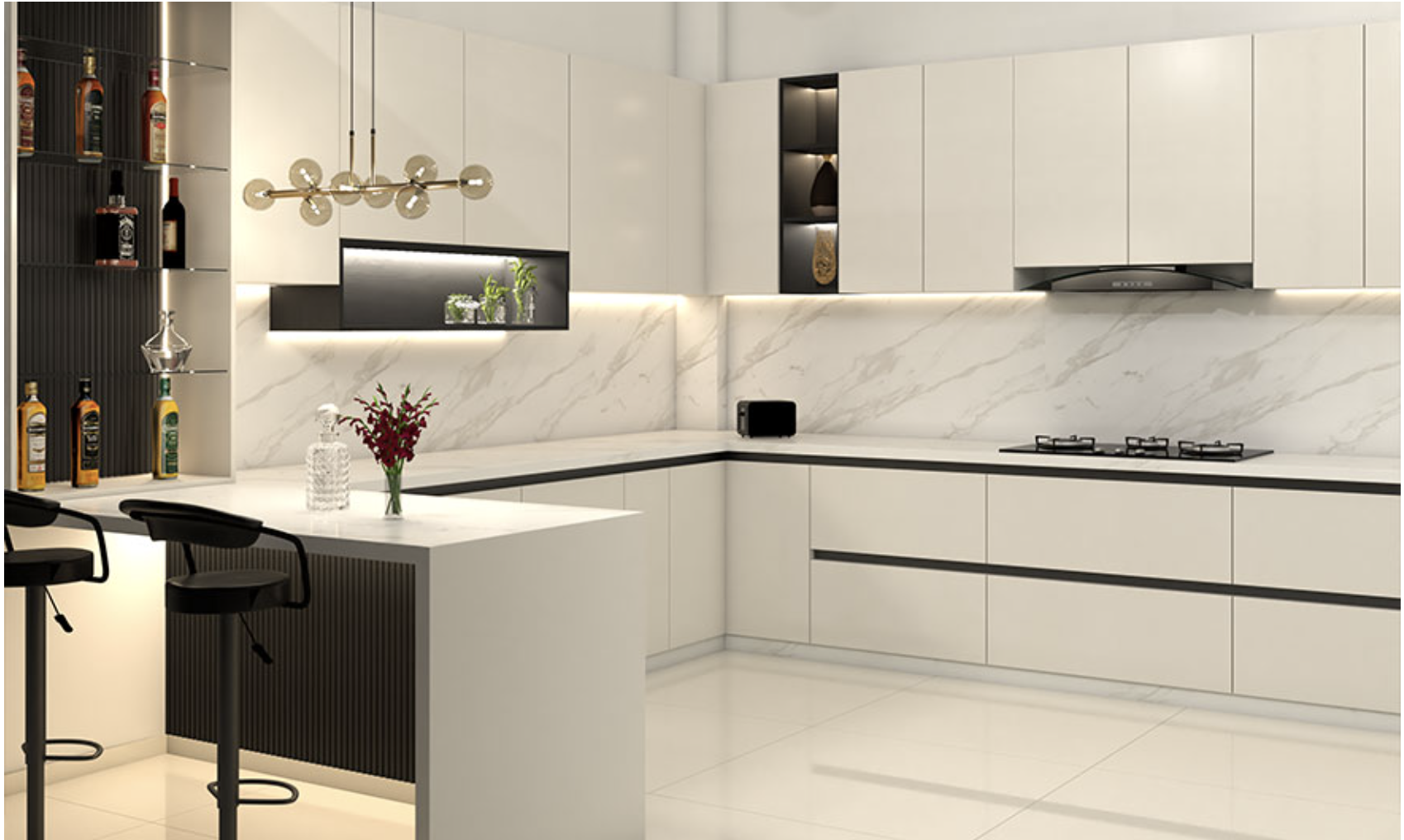Modular Kitchens Pros: Design Flexibility and Versatility: Modular kitchens offer a wide range of designs and configurations to suit various preferences and space constraints. They are highly adaptable and can be tailored to fit any kitchen layout, making efficient use of available space. Time-Efficient Installation: Modular kitchens are pre-fabricated and designed to be assembled quickly. The components are manufactured in a controlled environment, and installation usually takes less time compared to carpenter-made kitchens. This minimizes disruption in your home during the renovation process. Quality Assurance: Modular kitchens are constructed using high-quality materials and are factory-made. This ensures a consistent level of quality and precision in construction, which might be difficult to achieve with traditional on-site carpentry. Easy to Upgrade or Expand: If you wish to add more storage units, or appliances, or make any other alterations to your kitchen in the future, modular kitchens are designed in a way that allows for easy upgrades or expansions. This flexibility is an advantage as your needs change over time. Easy Maintenance: Modular kitchens are often made of materials that are easy to clean and maintain. The surfaces are usually smooth and non-porous, making cleaning a breeze and ensuring the kitchen retains its fresh appearance with minimal effort. Cons: Limited Customization: While modular kitchens offer a range of designs, finishes, and accessories, they may not allow for extensive customization, especially if you have specific, unique requirements. Your options may be constrained by the available modules and configurations. Higher Initial Cost: The initial cost of a modular kitchen can be higher than that of a carpenter-made kitchen due to the use of factory-made components and materials. However, it’s important to consider the long-term benefits and durability that modular kitchens offer. Dependence on Suppliers: Opting for a modular kitchen means you are dependent on the availability and design options provided by the modular kitchen suppliers. If you desire a highly unique or personalized kitchen, this might not be the best option. Carpenter-Made Kitchens Pros: Tailored to Your Needs: Carpenter-made kitchens offer the advantage of being completely customized to your specific requirements. Every aspect of the kitchen can be designed to suit your lifestyle, preferences, and available space. Flexibility in Design and Materials: Working with a carpenter allows you to choose the materials and design elements that align with your vision for the kitchen. From the type of wood to the finish, you have the flexibility to create a truly unique and personalized space. Budget-Friendly Options: Depending on the materials and complexity of the design, a carpenter-made kitchen can sometimes be more budget-friendly than a modular kitchen. You have control over the cost by selecting materials that fit within your budget. Adaptability: Carpenters can easily adapt to any changes or alterations during the installation process. This allows for on-the-spot adjustments based on your preferences or any unforeseen challenges during the installation. Cons: Time-Consuming Installation: Creating a kitchen from scratch with a carpenter takes longer because the construction process is done on-site. This might cause inconvenience and longer downtime during installation compared to modular kitchens. Quality Variability: The quality of a carpenter-made kitchen can vary based on the skill, experience, and expertise of the carpenter. There’s a risk of inconsistencies and imperfections if the carpenter lacks the necessary skill set. Limited Factory Finish: Unlike modular kitchens, carpenter-made kitchens may not have the same level of precision and factory finish. Achieving a consistent and polished look may require more effort and meticulous craftsmanship. Conclusion In conclusion, both modular kitchens and carpenter-made kitchens have their unique set of advantages and disadvantages. The right choice for you depends on your priorities, budget, and timeline. If you value design flexibility, quick installation, and assured quality, a modular kitchen might be the best fit. On the other hand, if you seek complete customization and are willing to invest time and effort into the process, a carpenter-made kitchen could be the ideal choice. It’s crucial to weigh the pros and cons of each option carefully and consider consulting with professionals to ensure your kitchen meets both your functional and aesthetic requirements. Ultimately, your dream kitchen should reflect your taste, and lifestyle, and enhance the overall value and appeal of your home.

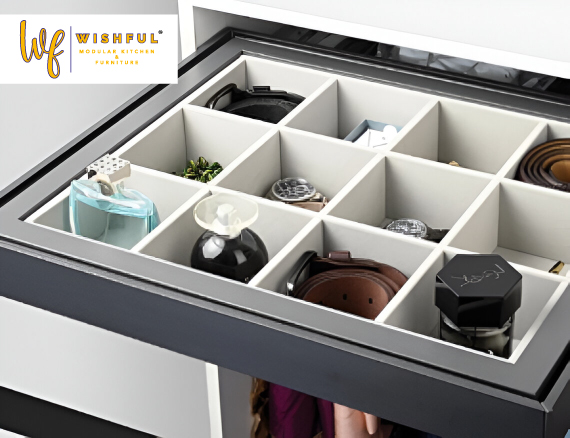






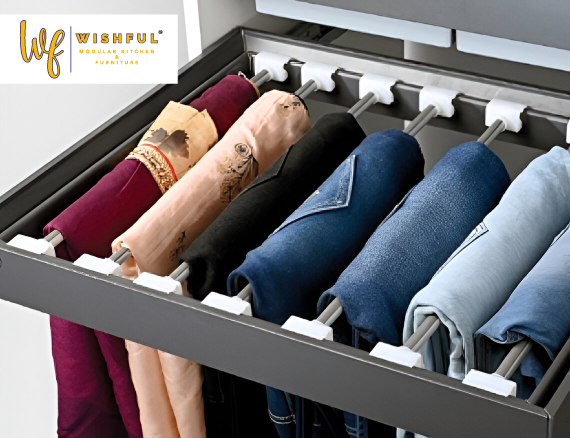
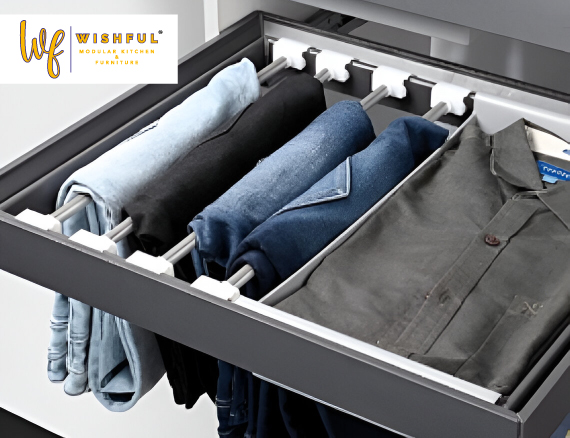
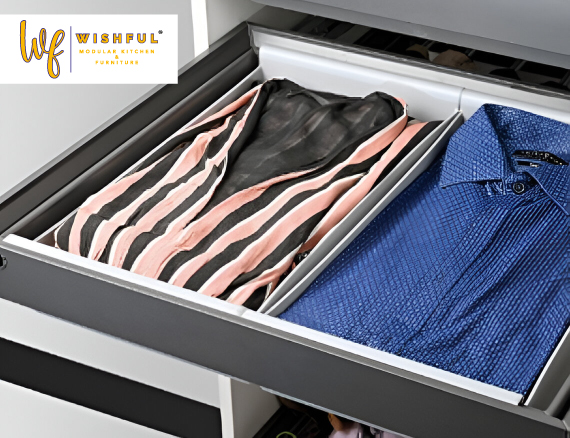
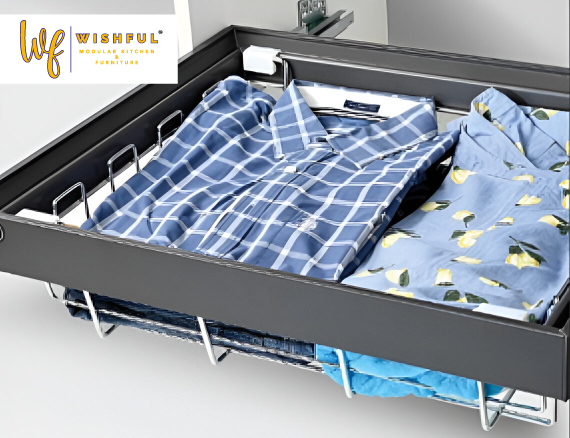


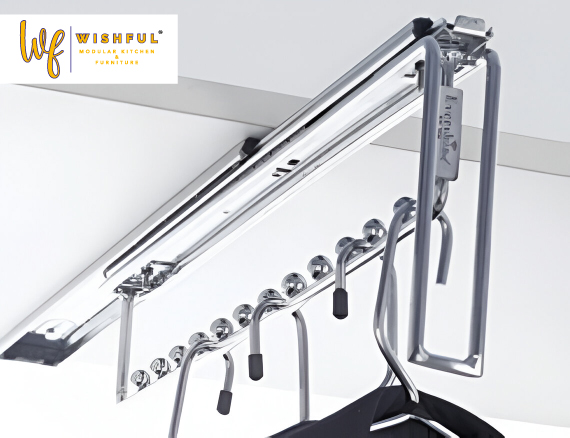
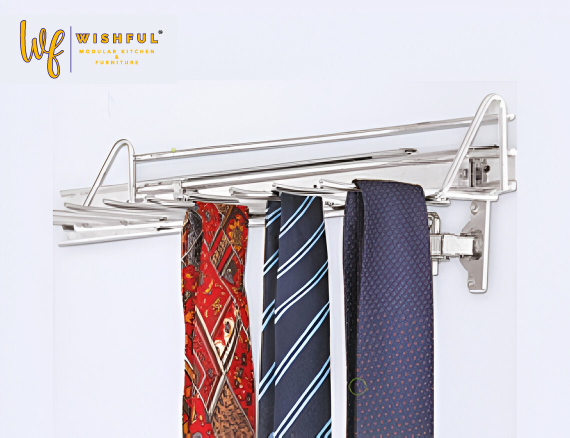
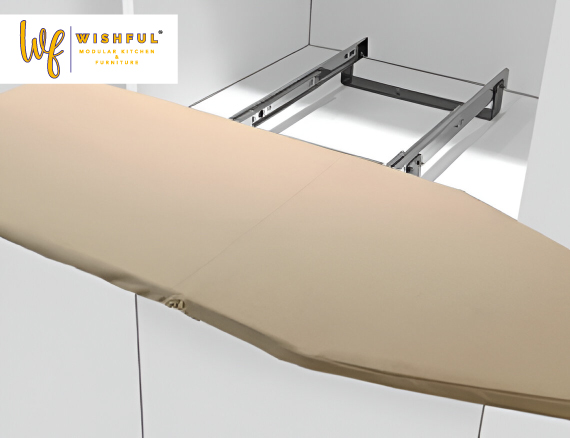
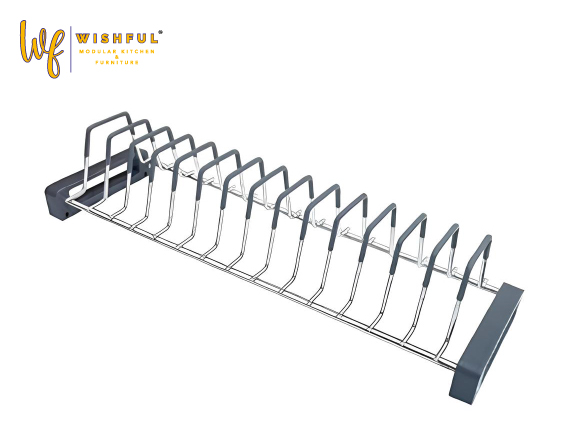
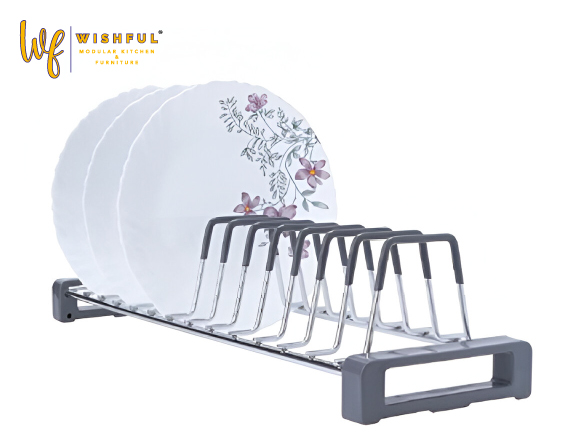
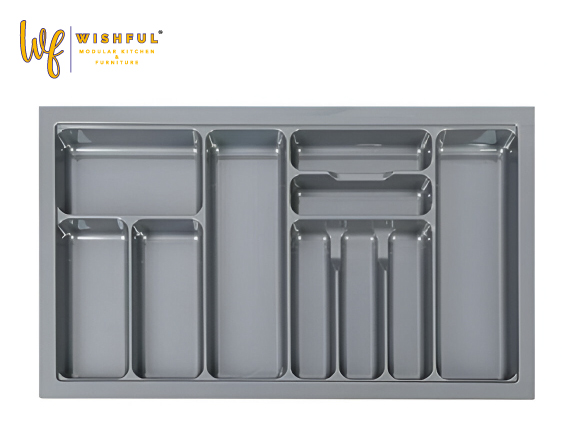
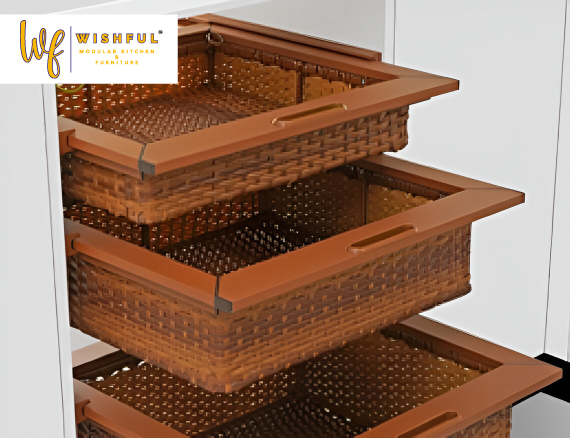
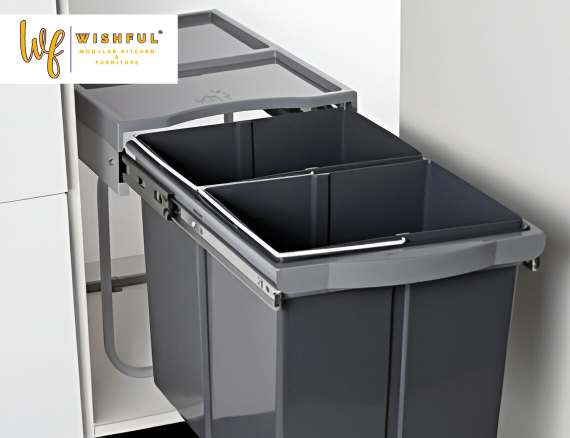
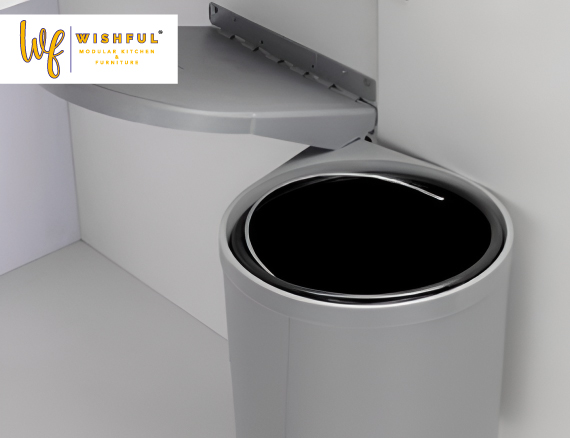
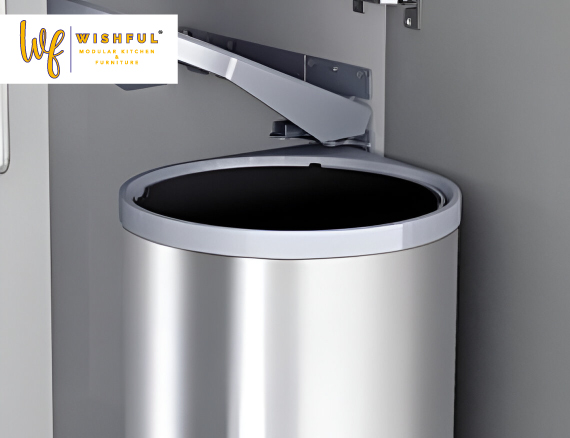
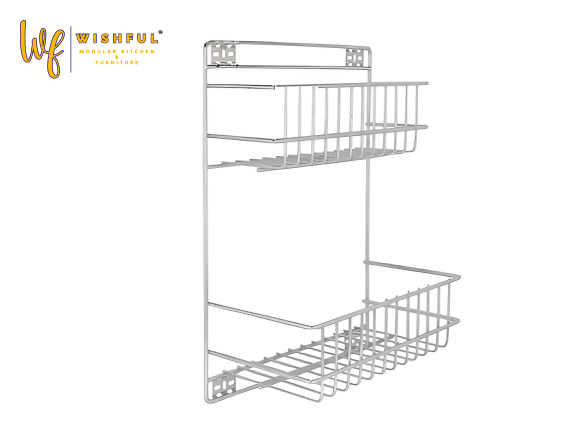
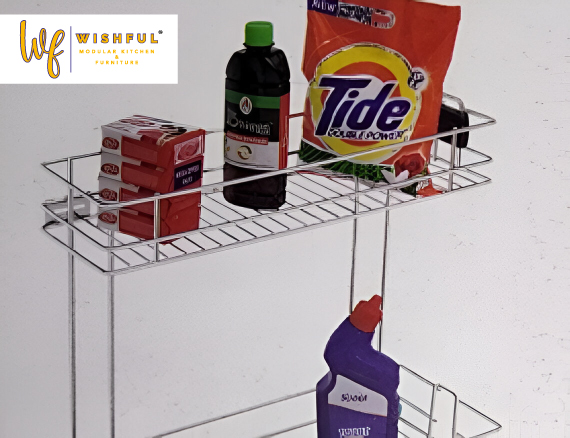
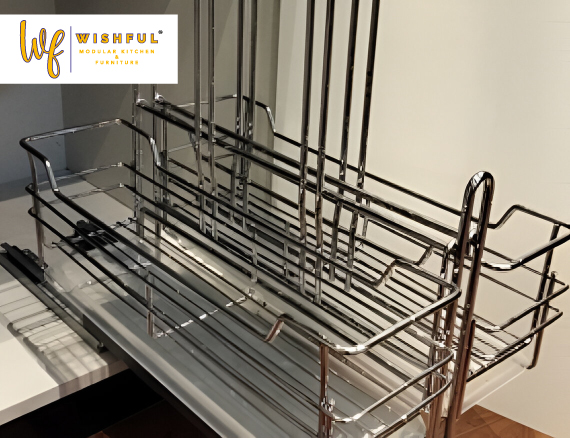
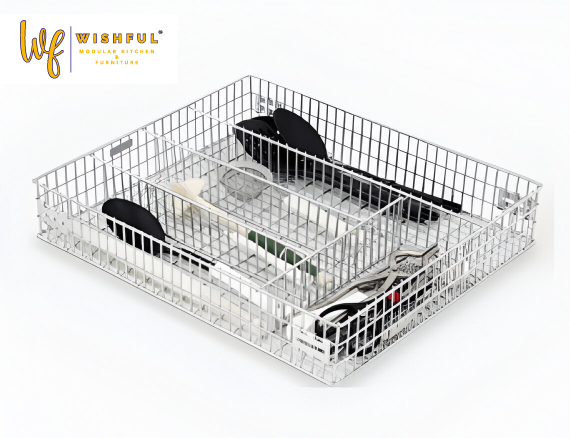
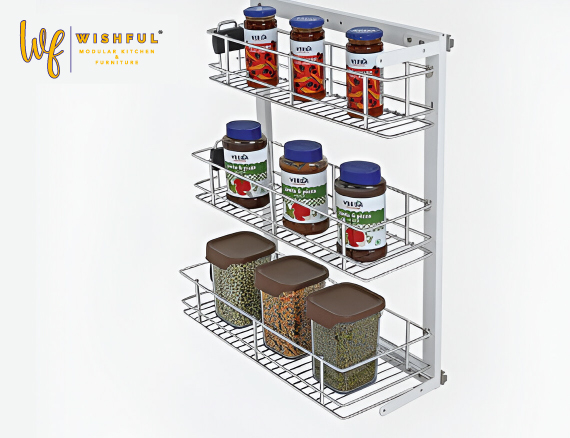


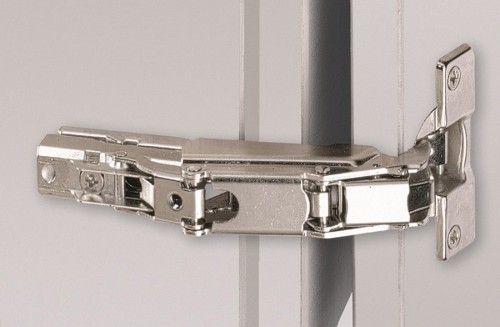
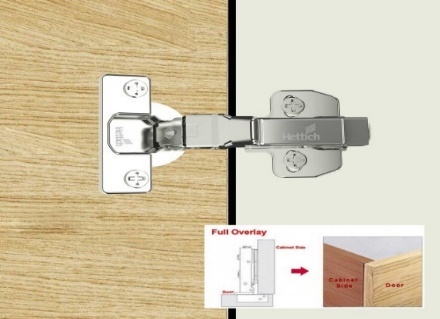
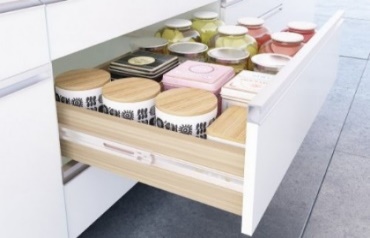
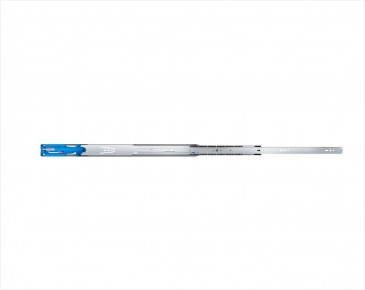
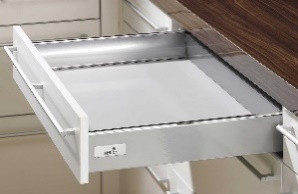
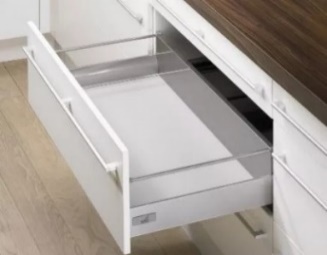
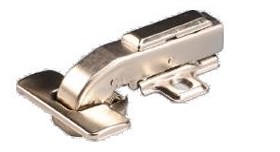
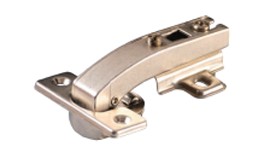
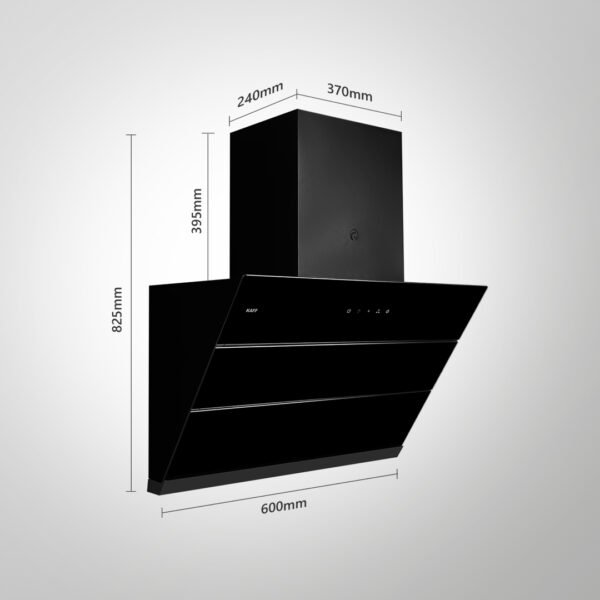
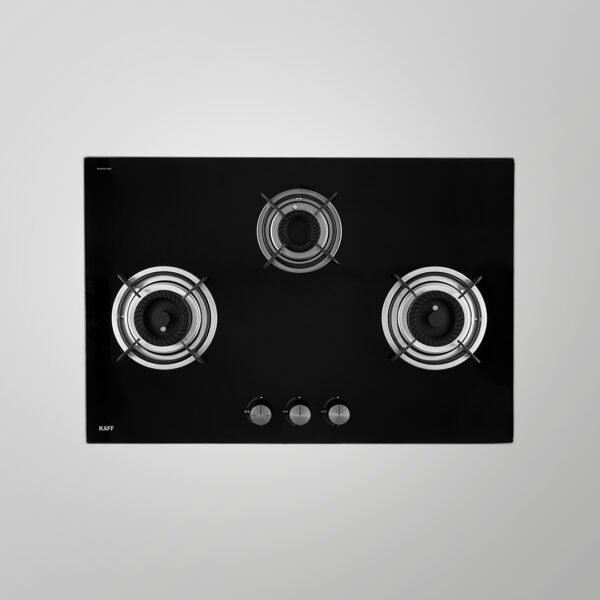
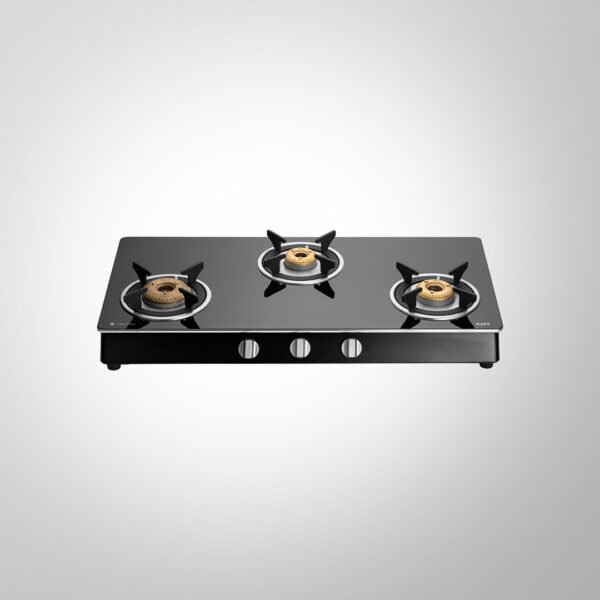
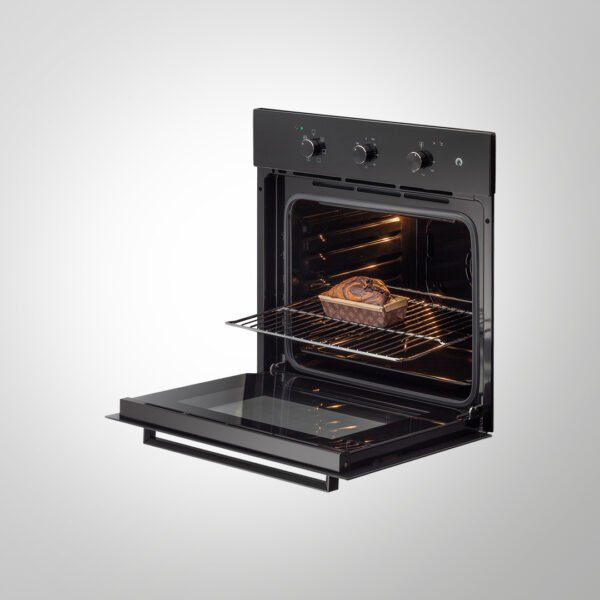
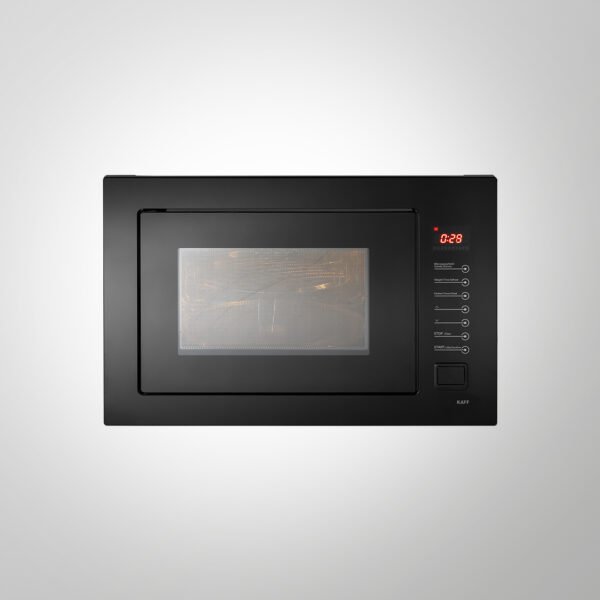
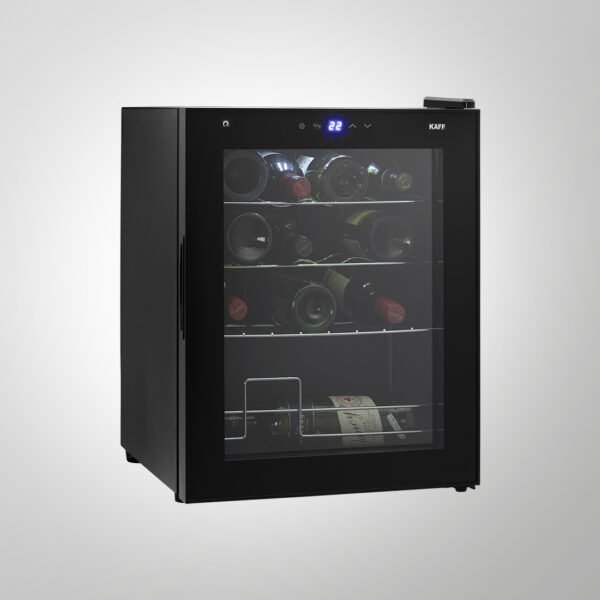

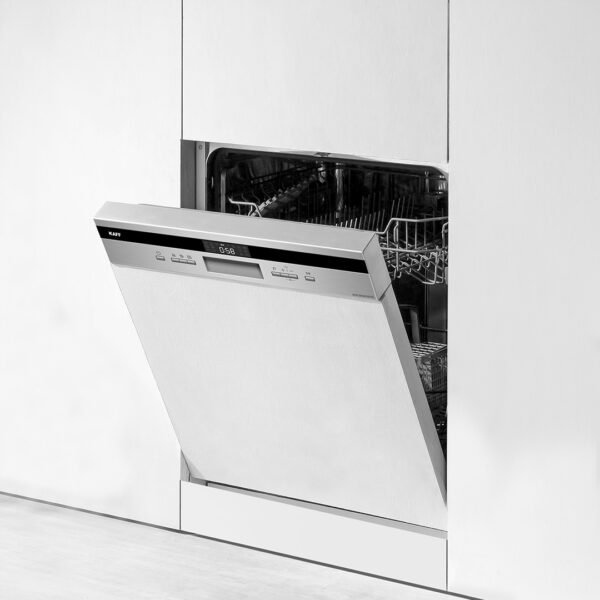
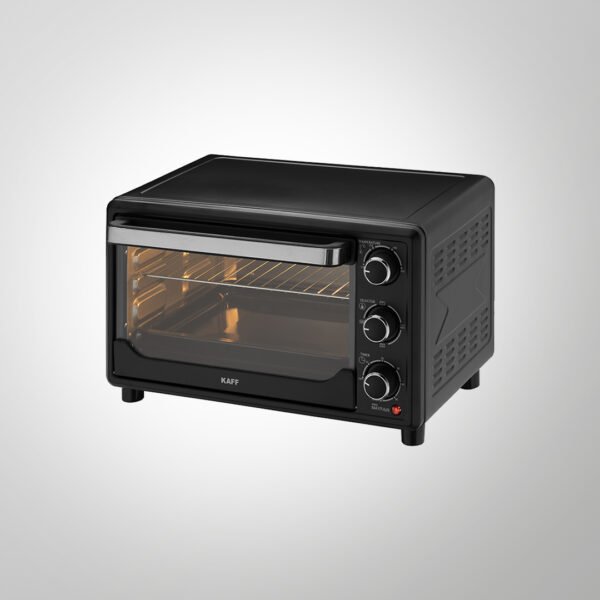

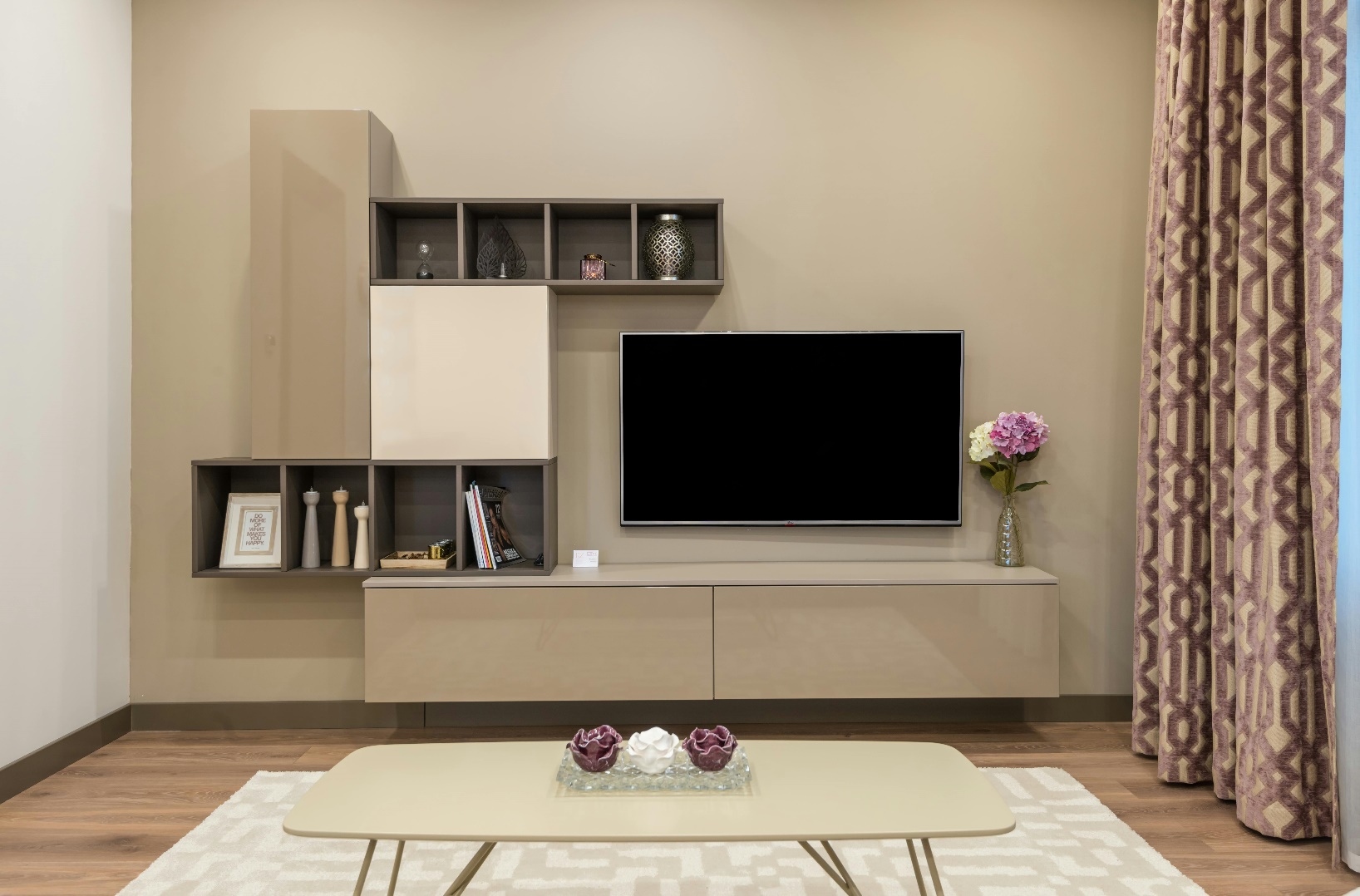
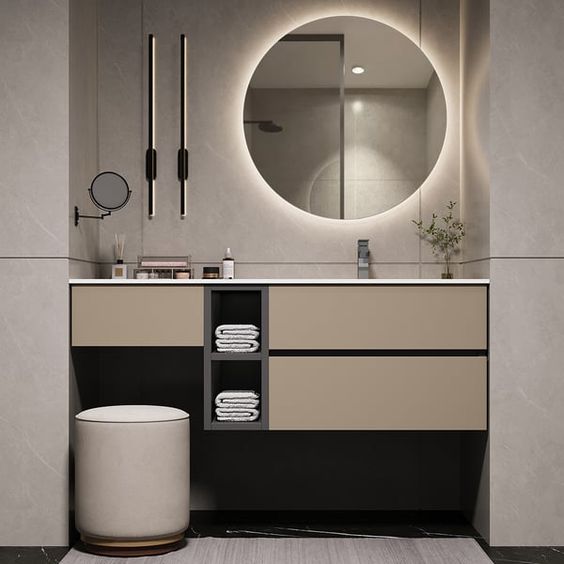
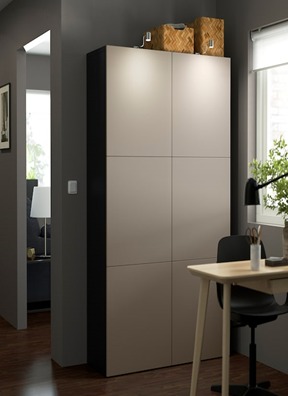

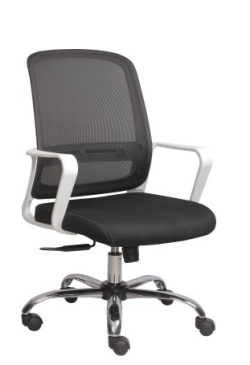

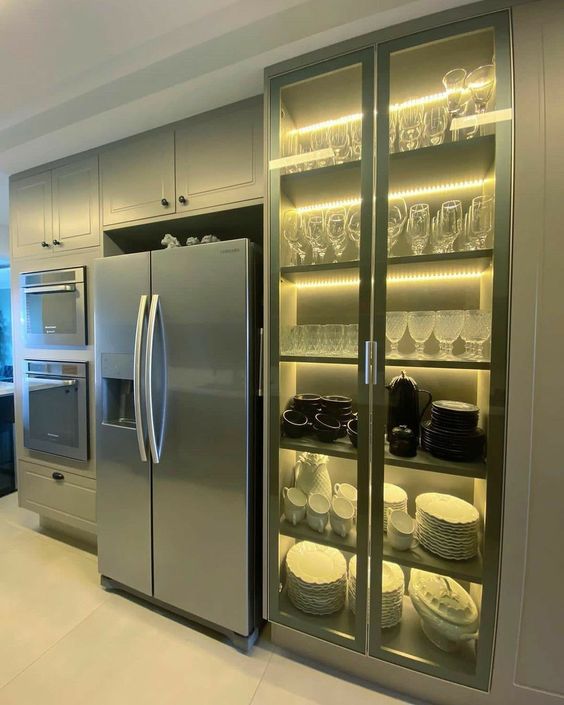
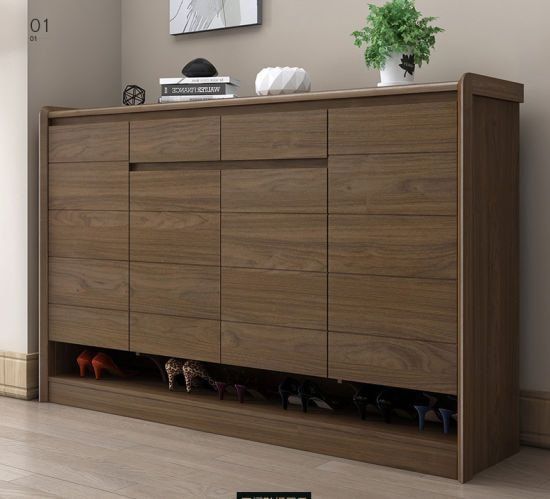
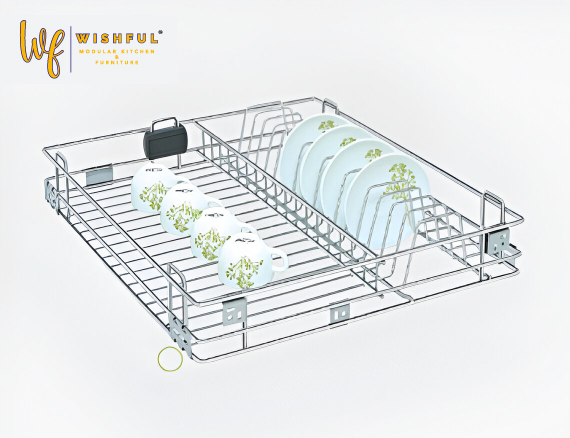
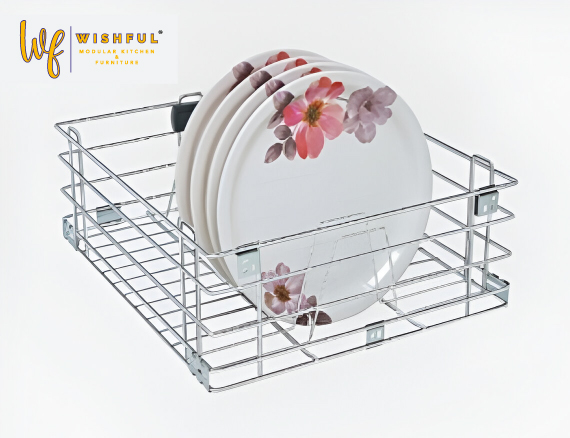
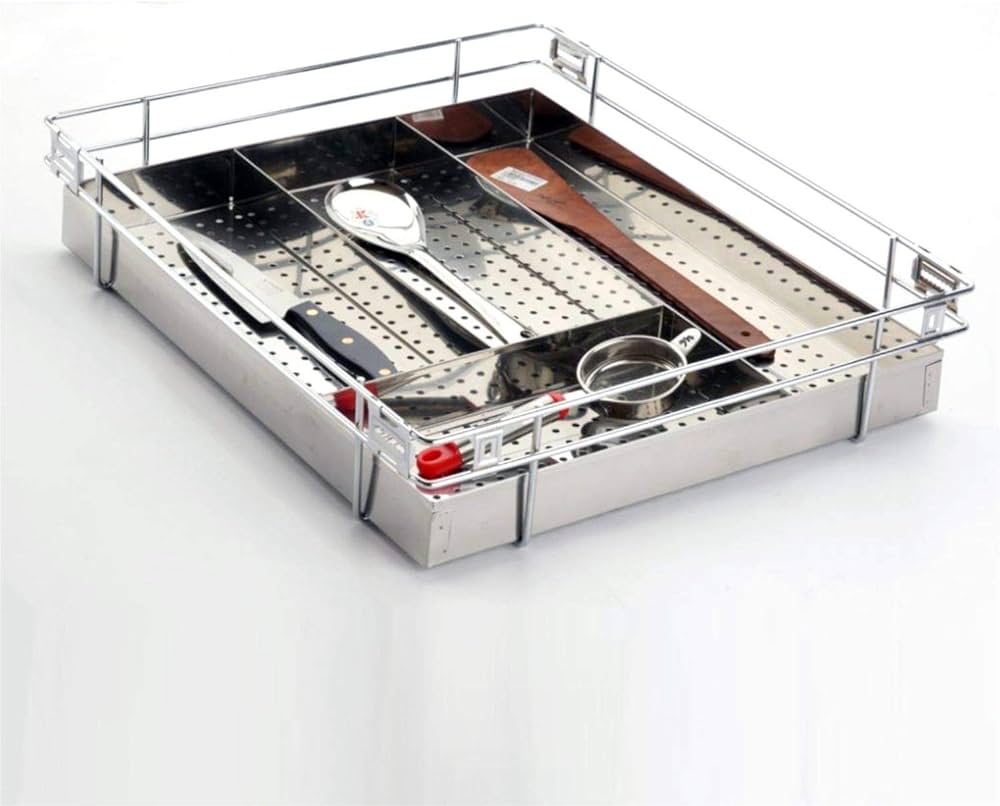
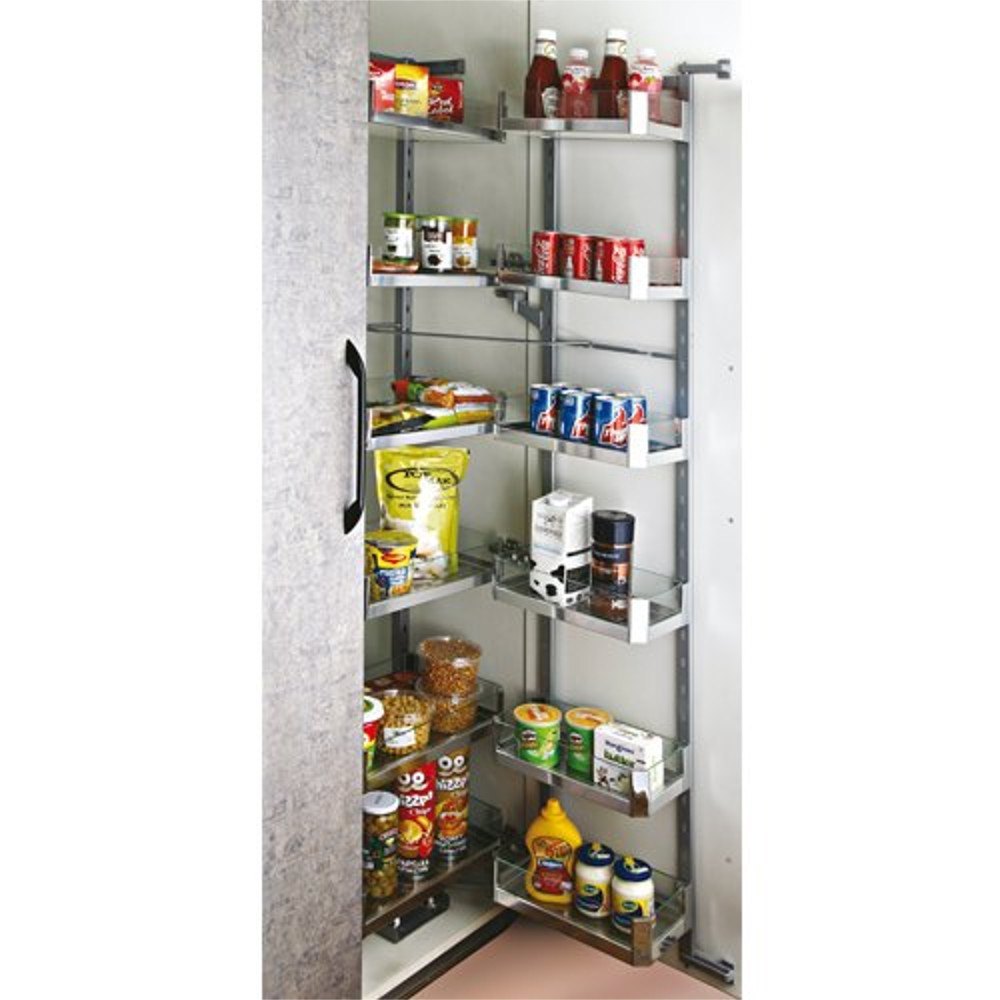
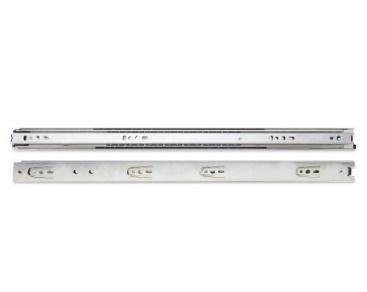


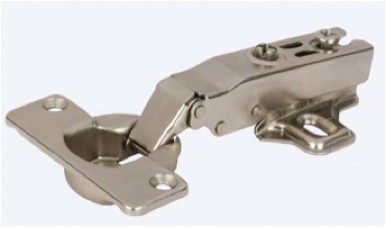
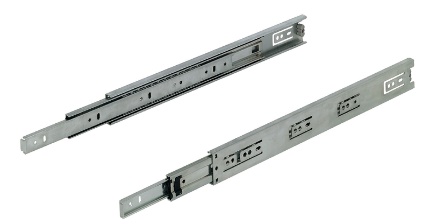
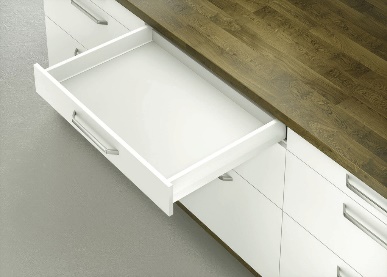
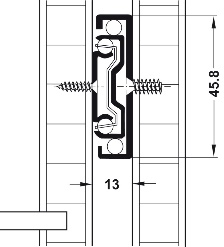
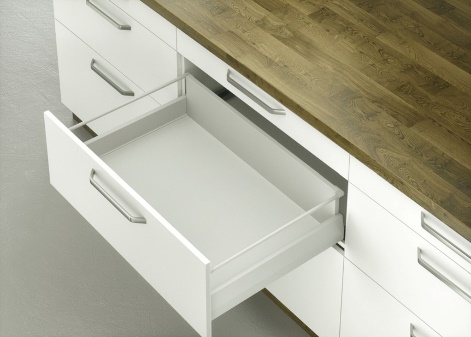
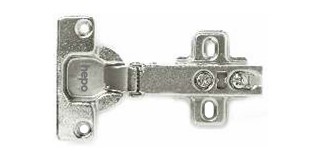
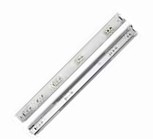



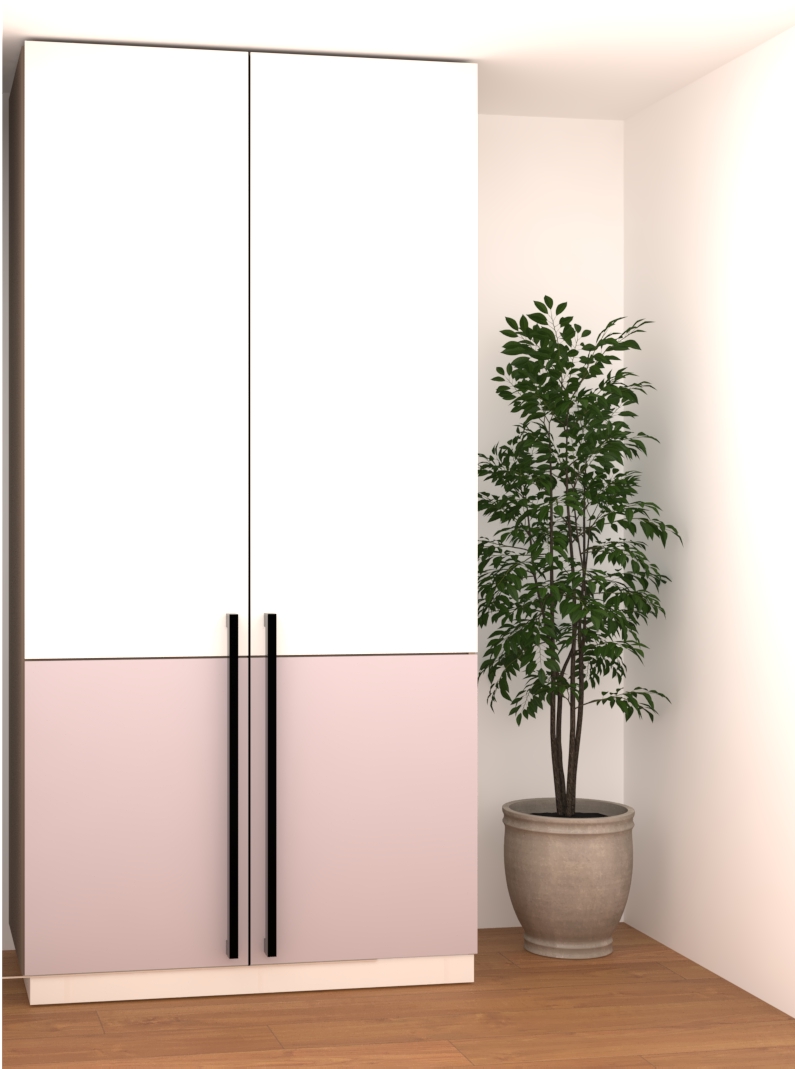
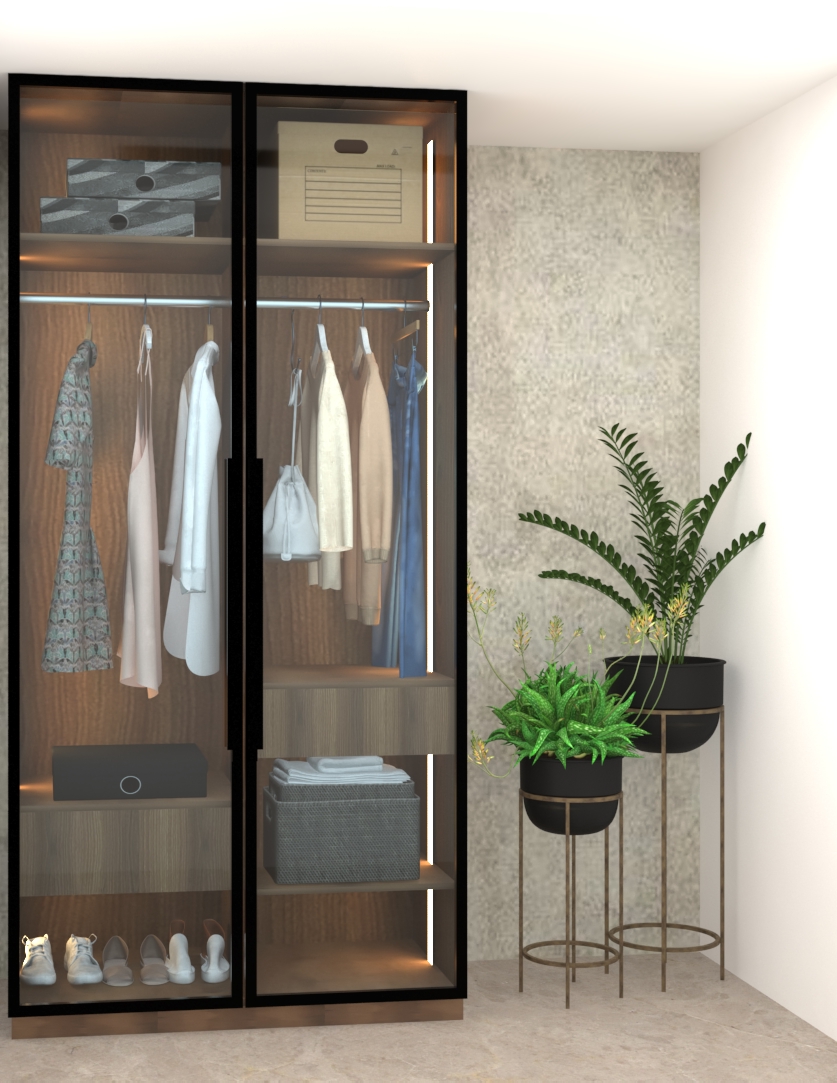
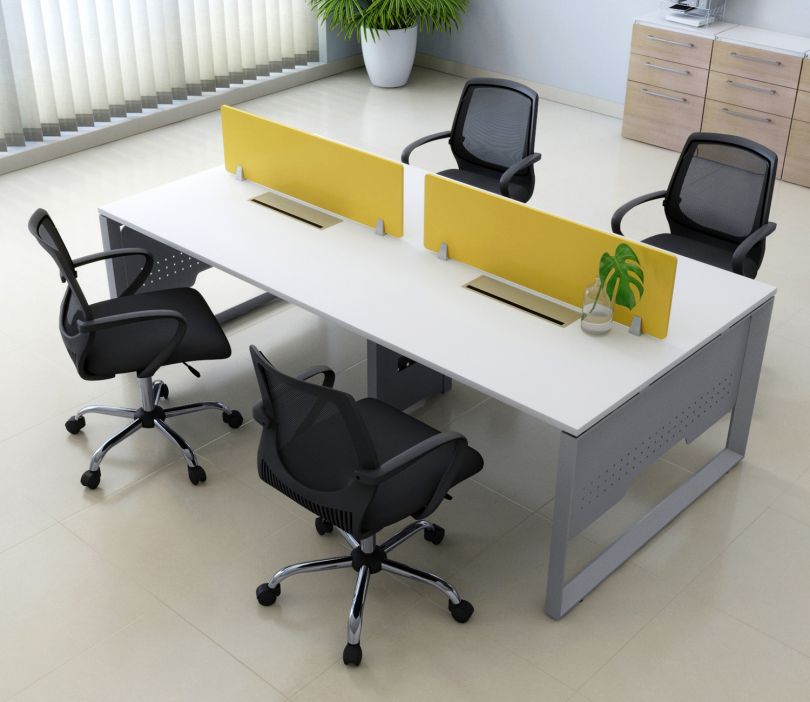
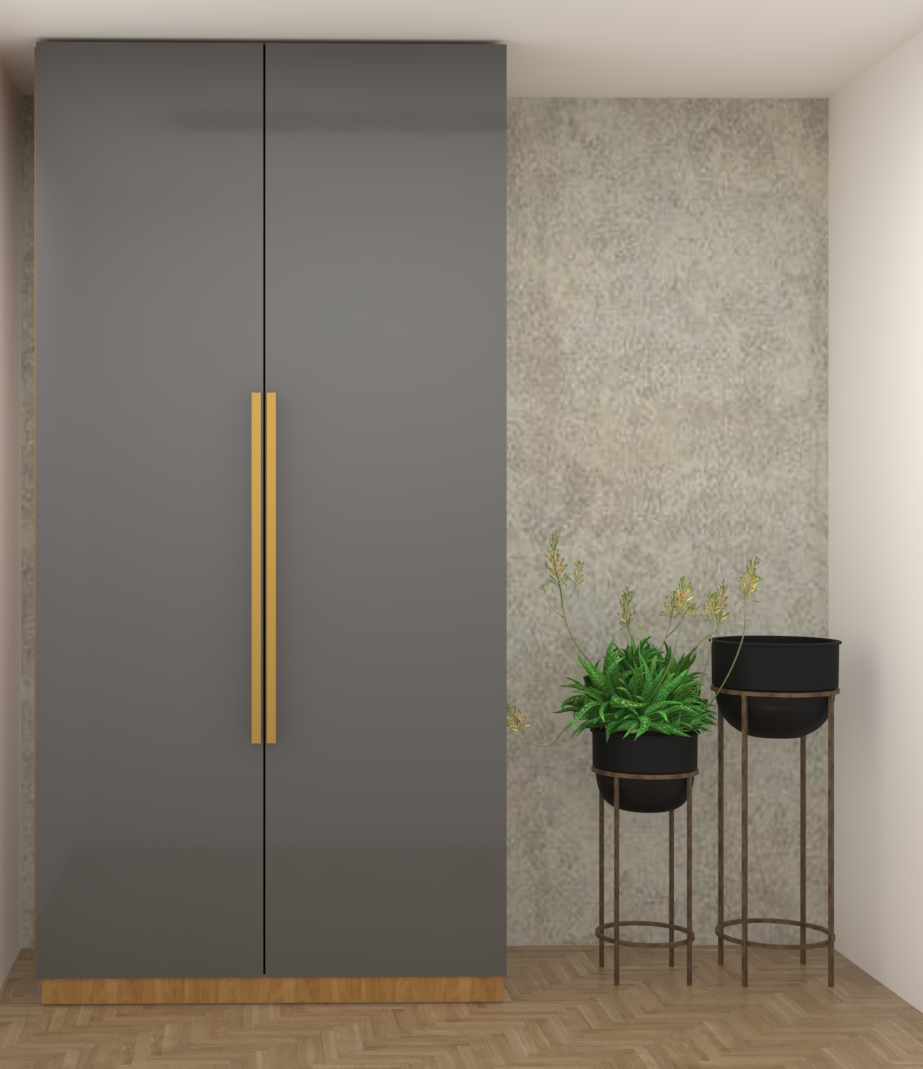
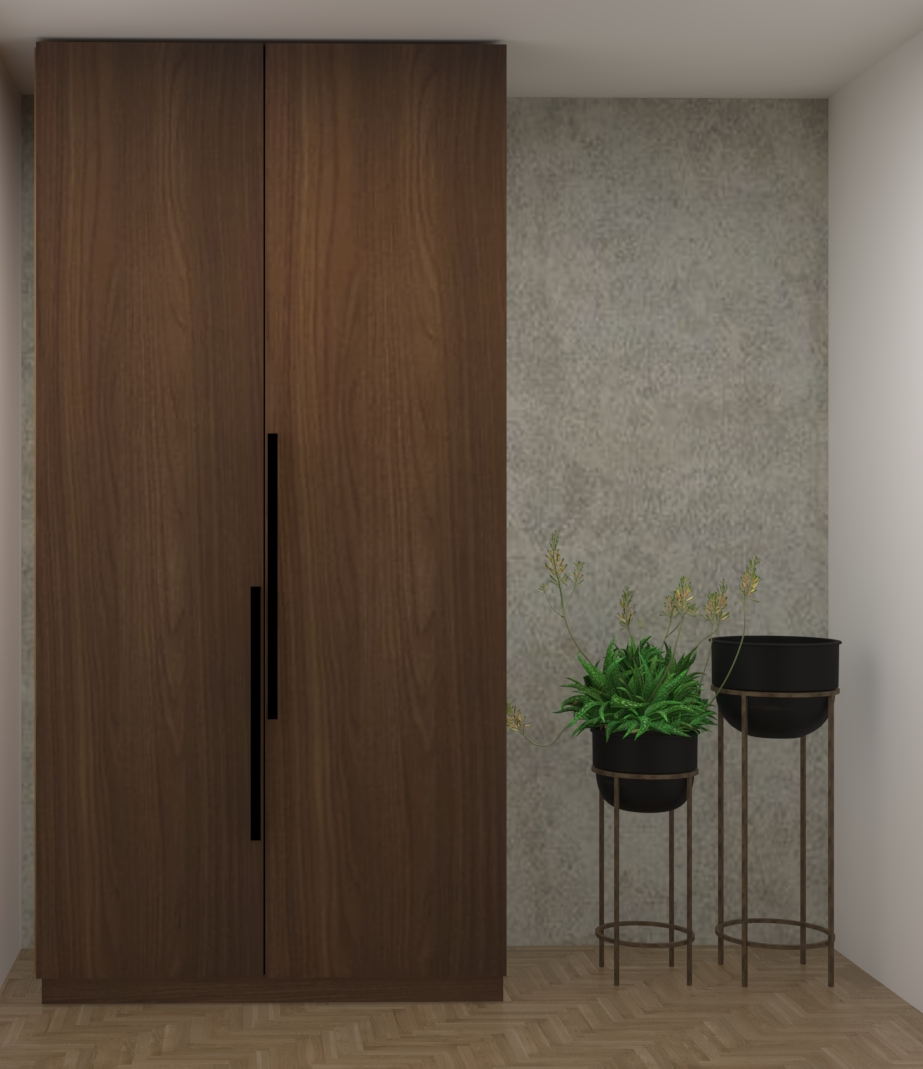
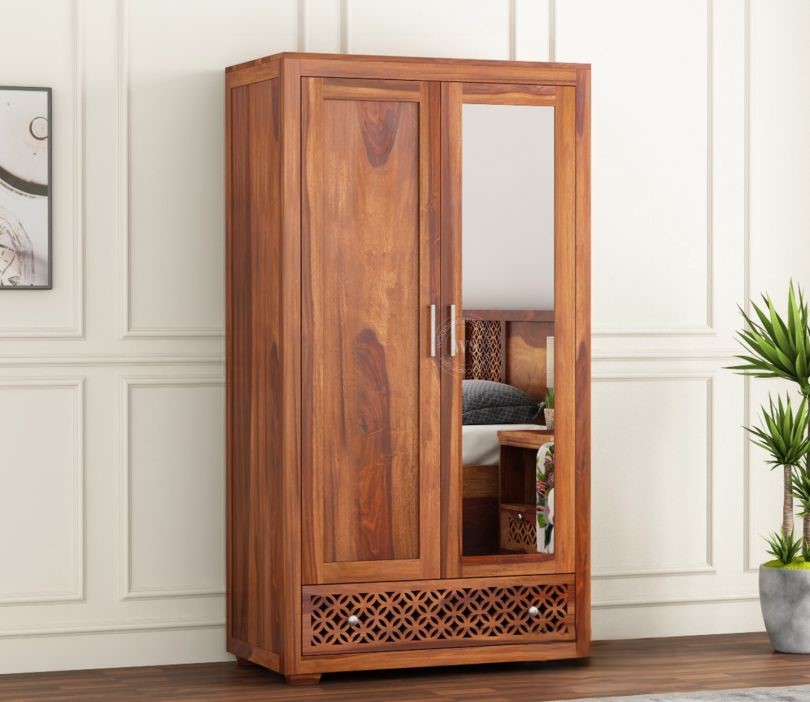
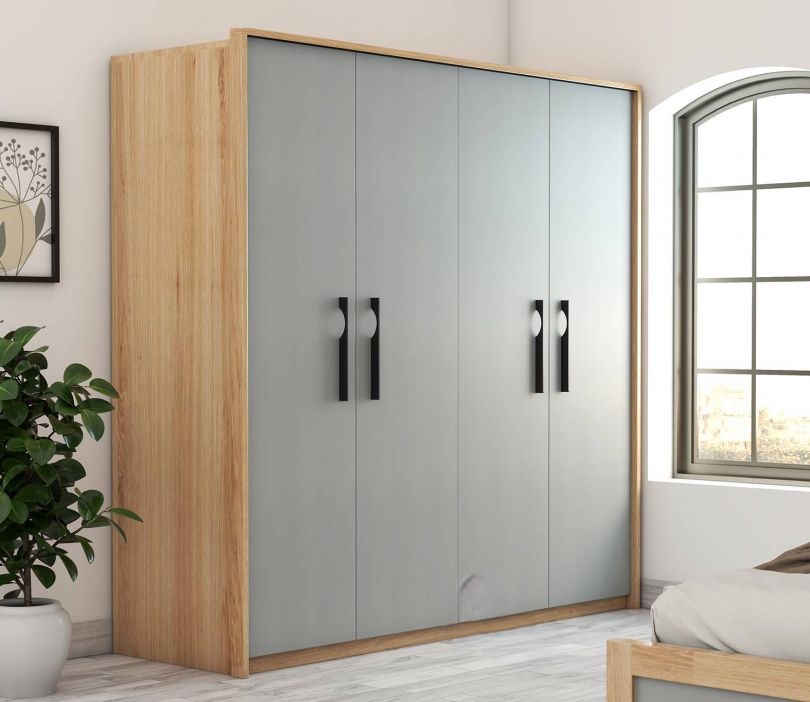
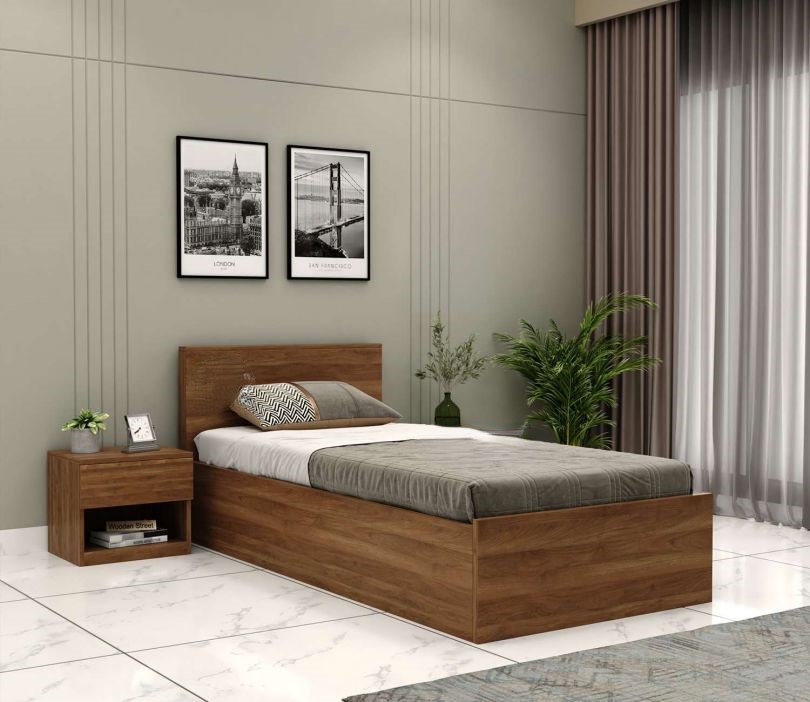
.jpg)
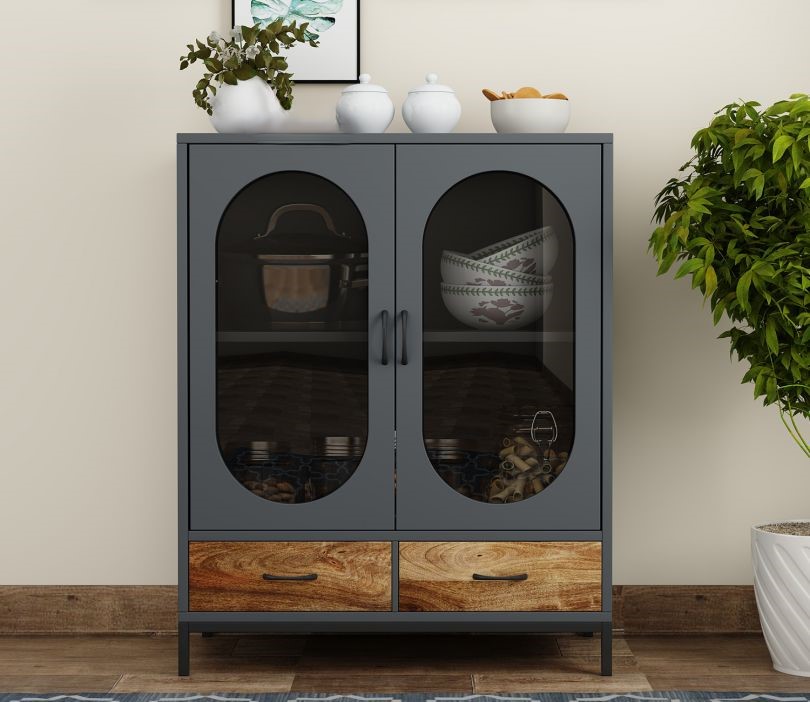
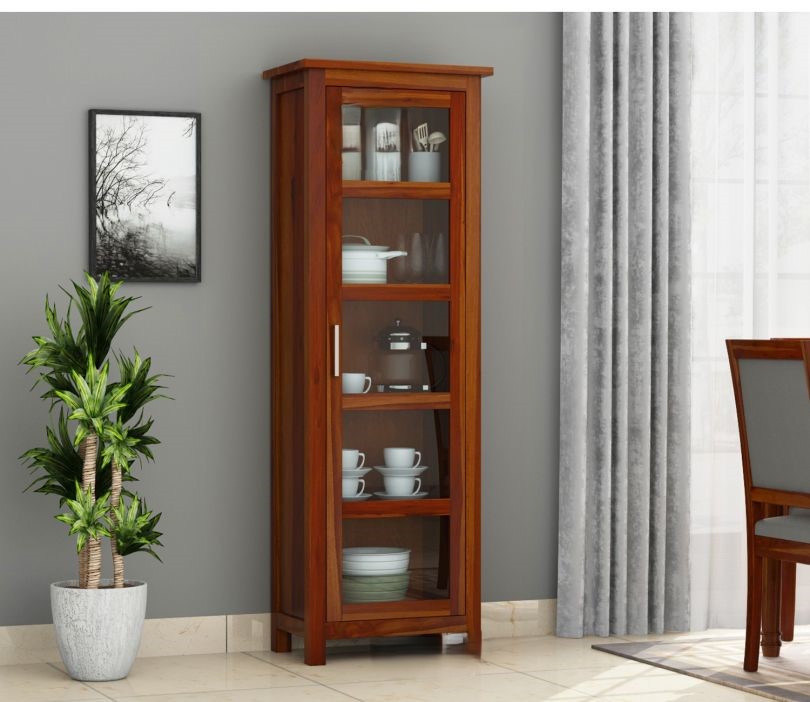
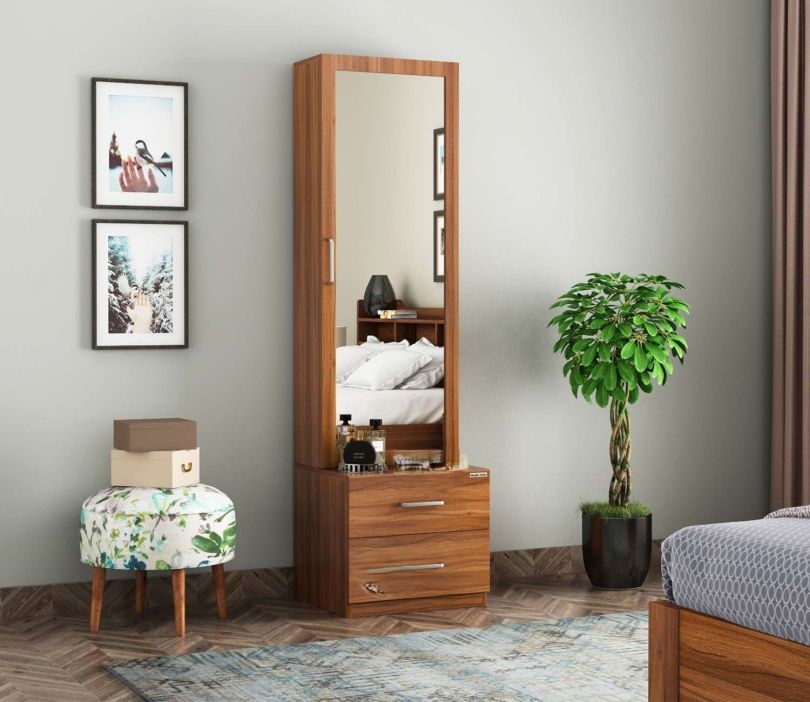
.jpg)
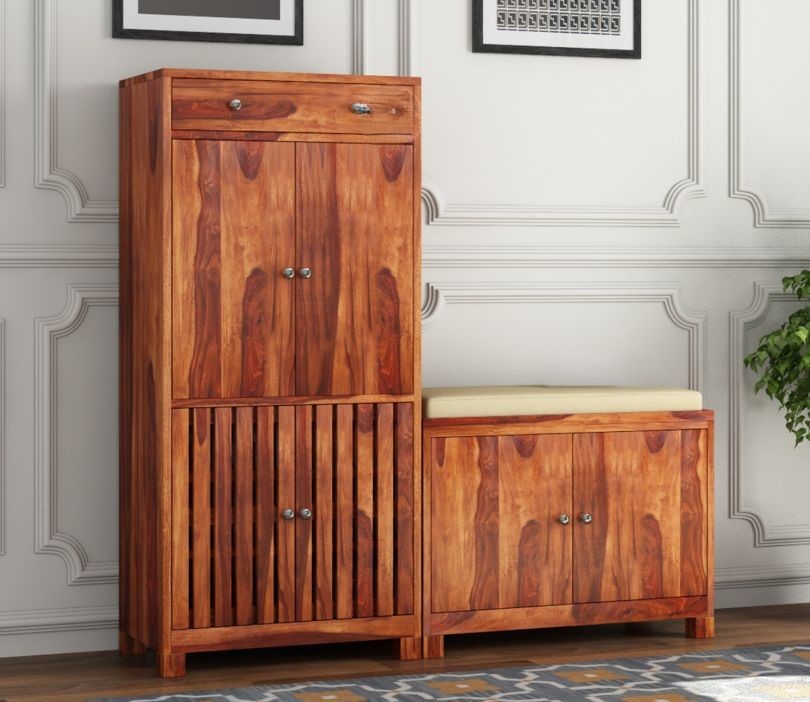
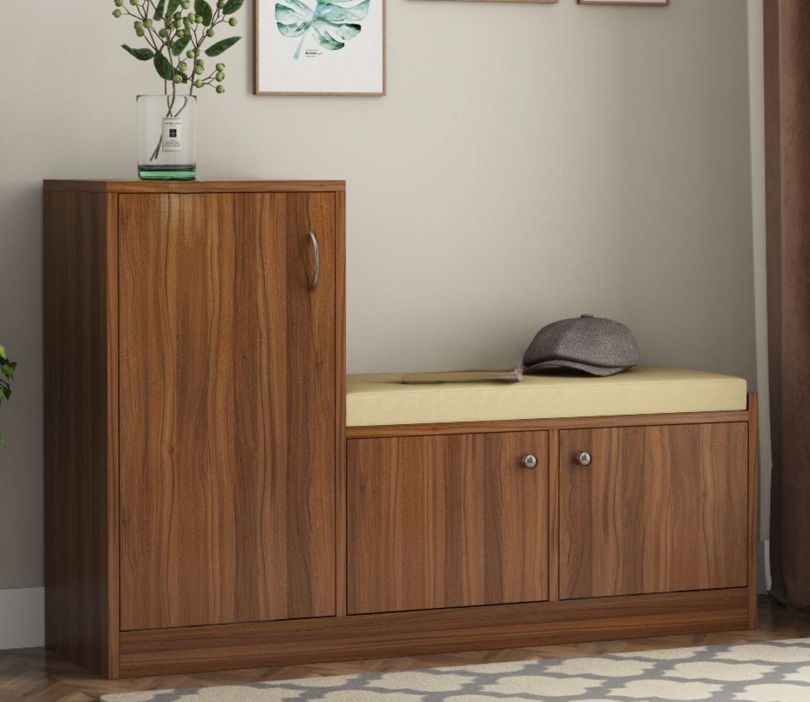
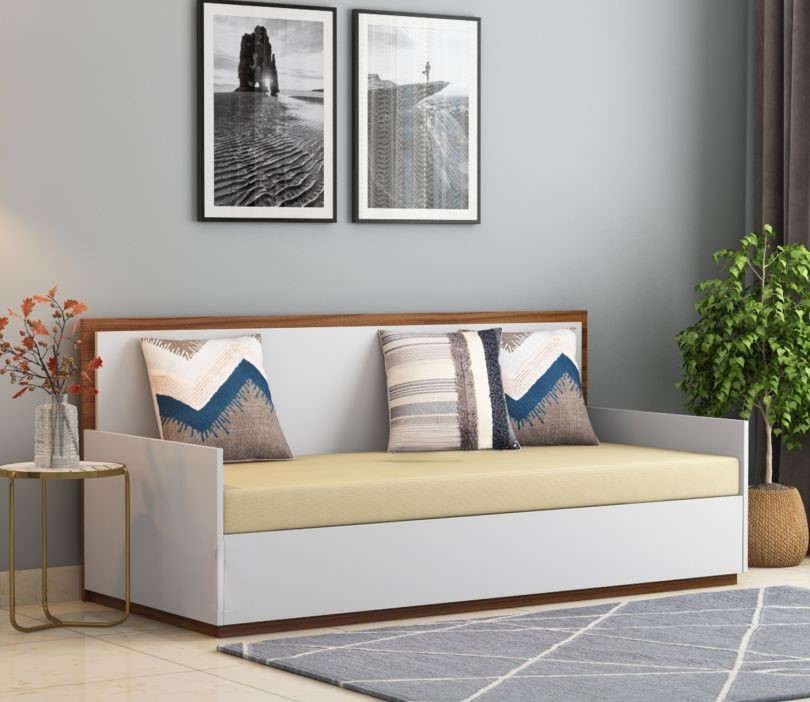
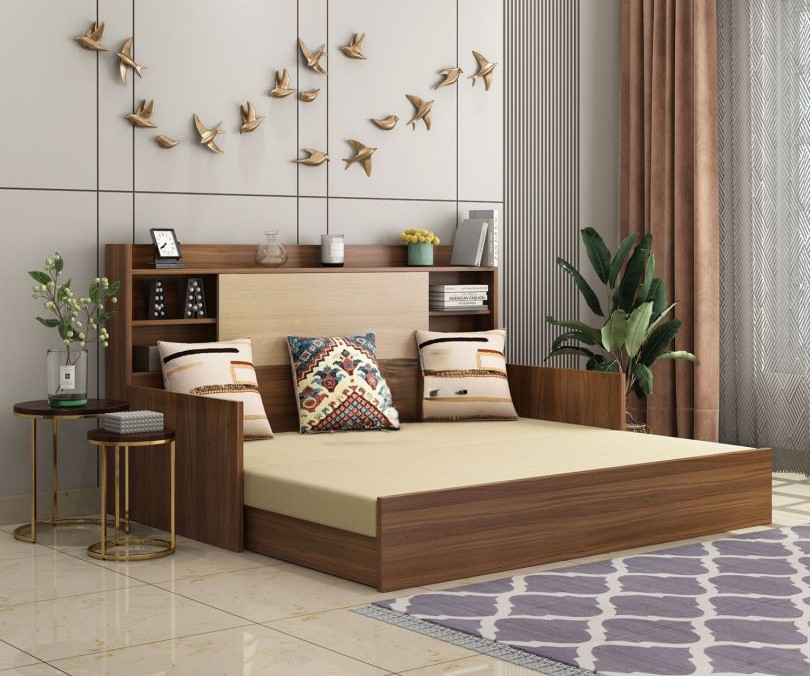
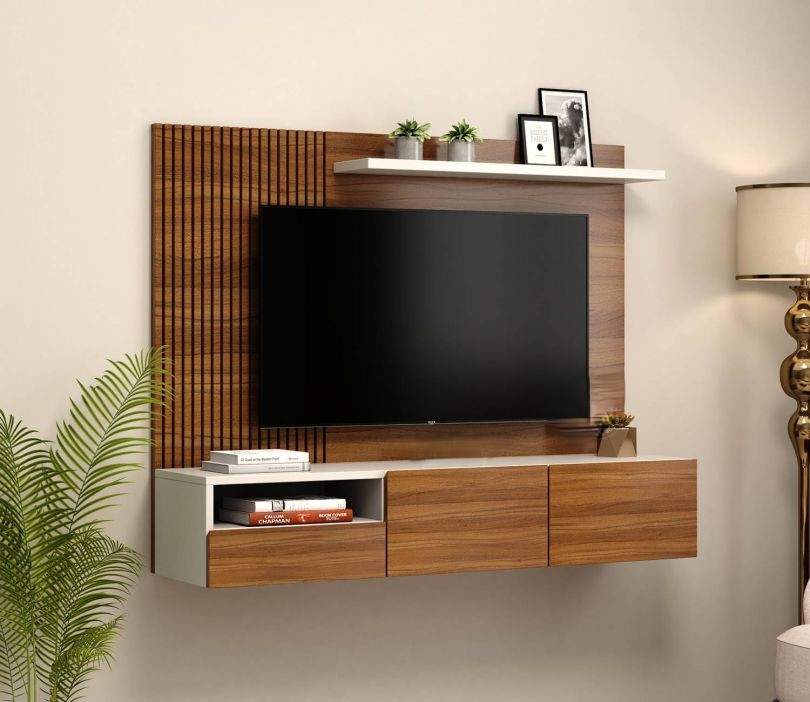
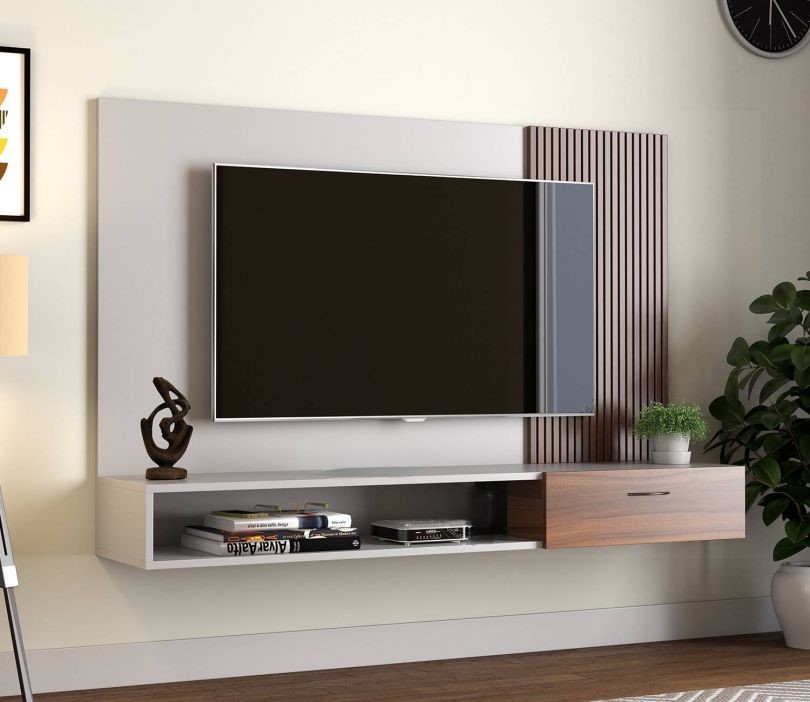
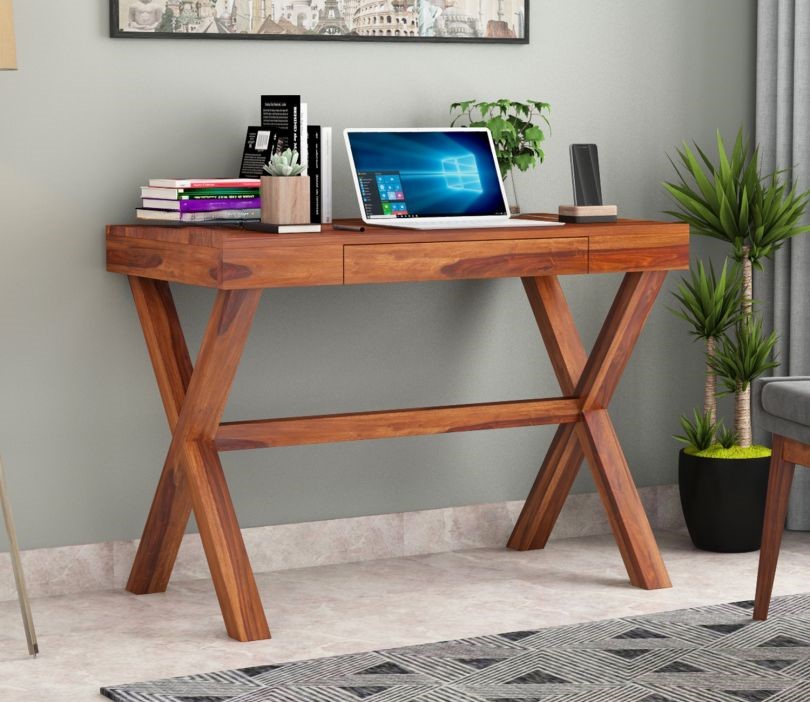
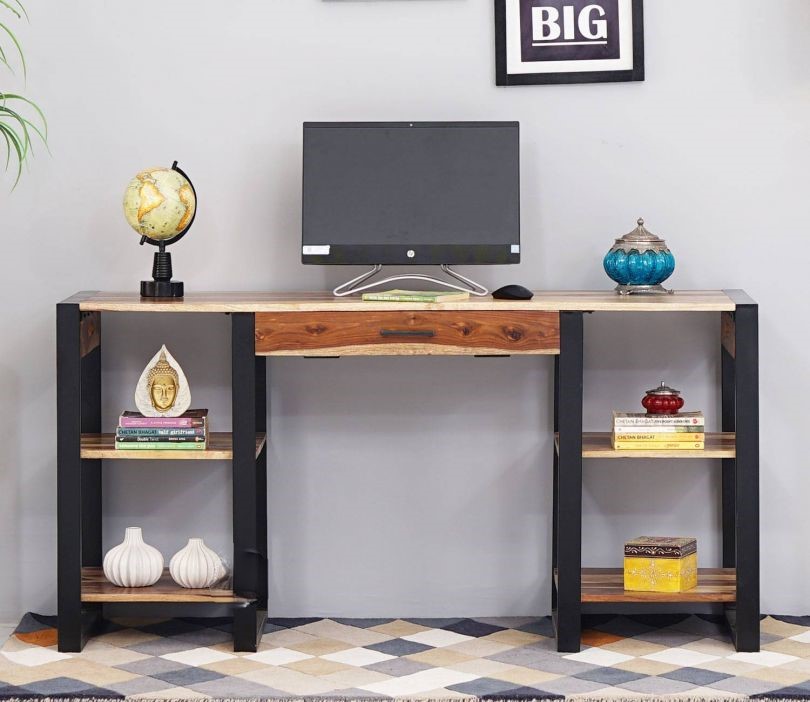

.jpg)
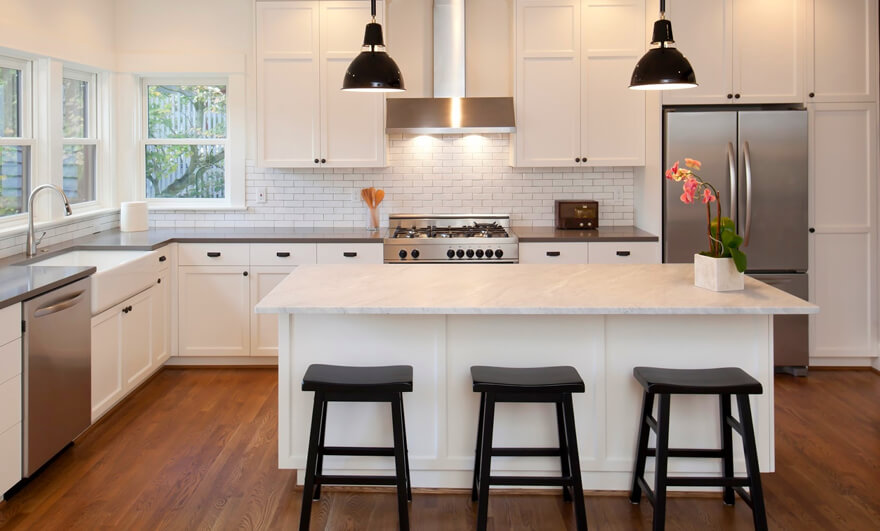
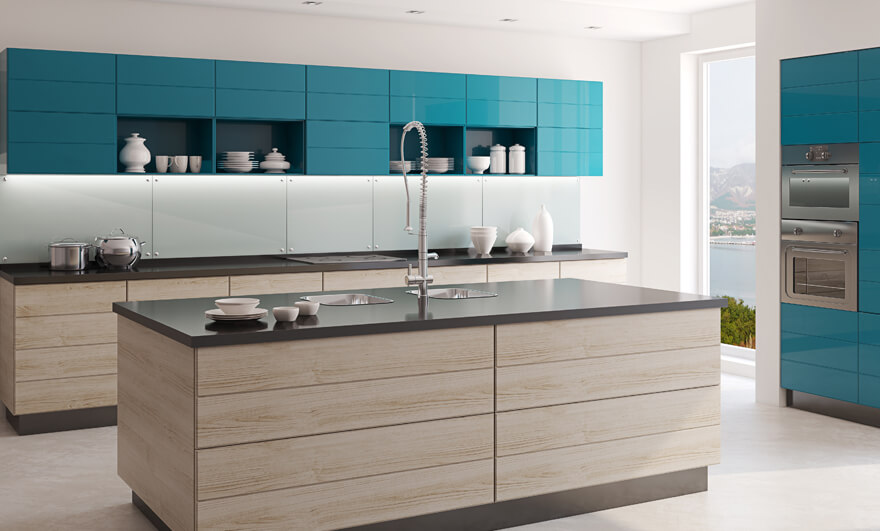
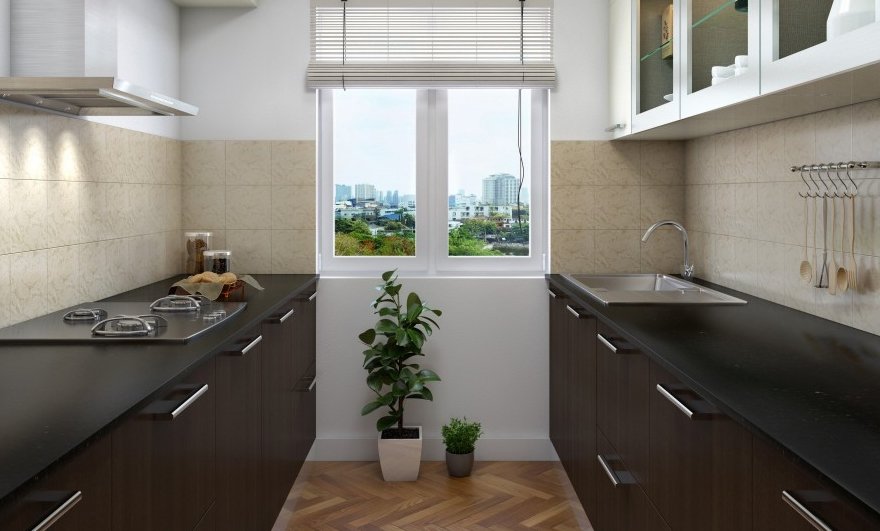
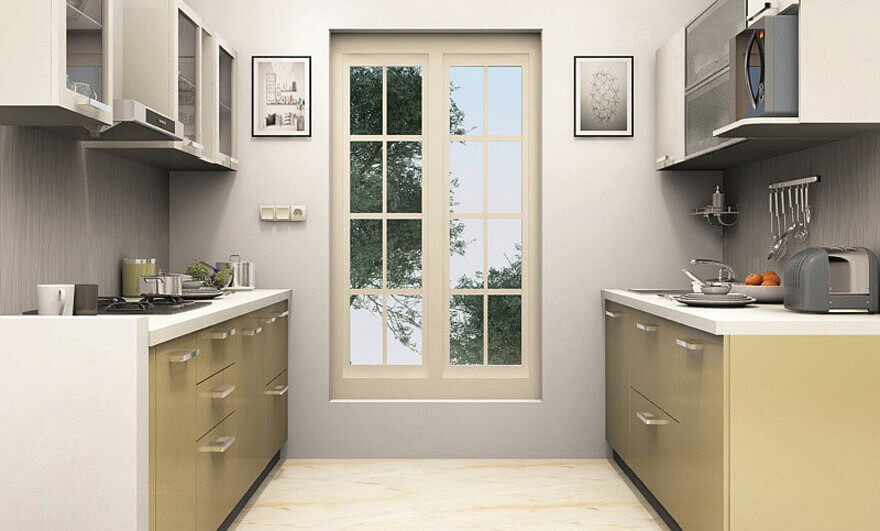
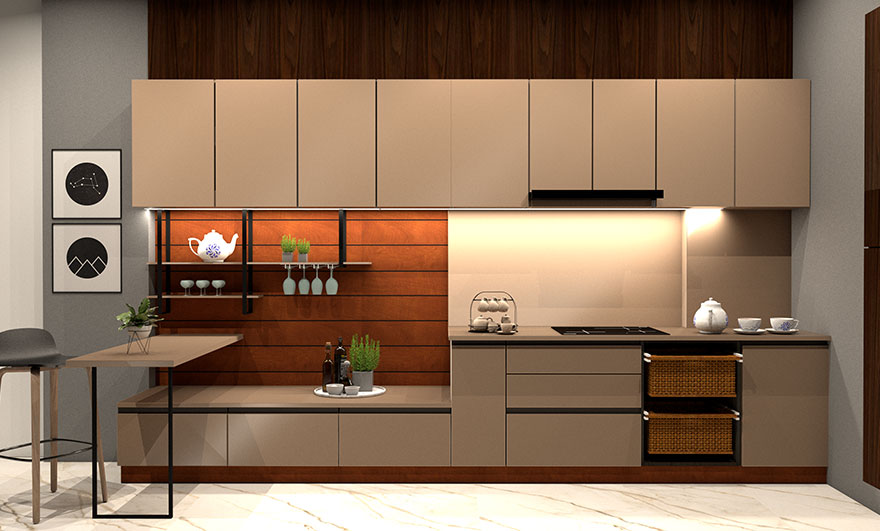

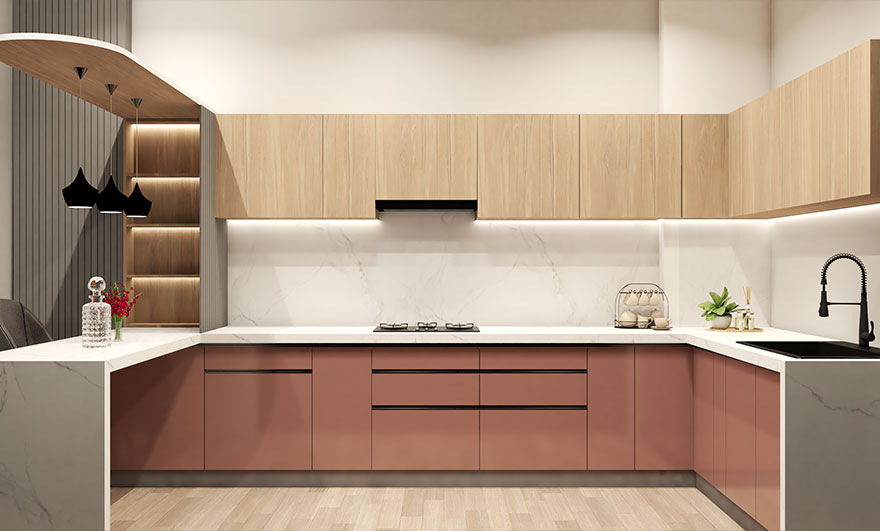
.jpg)
